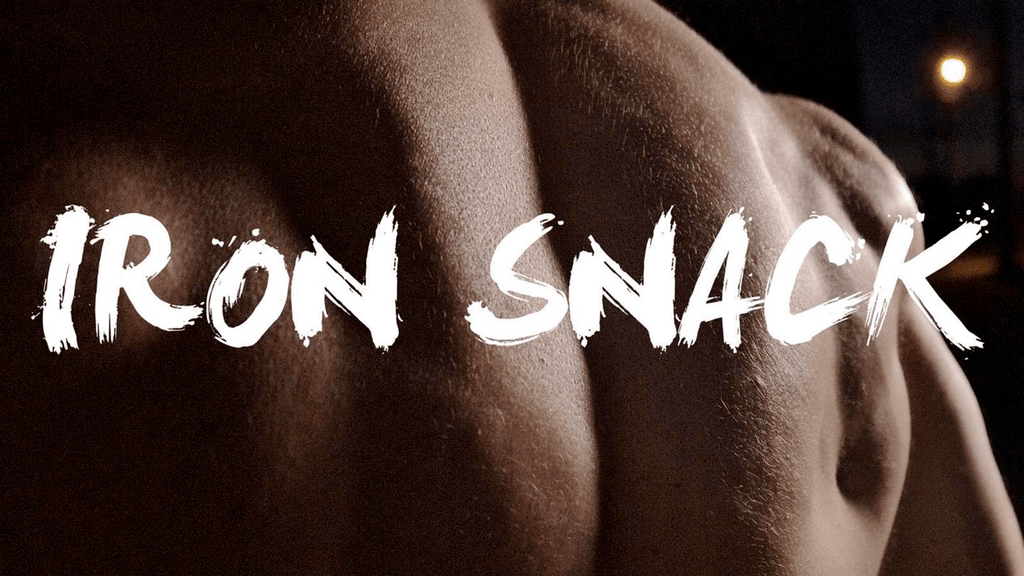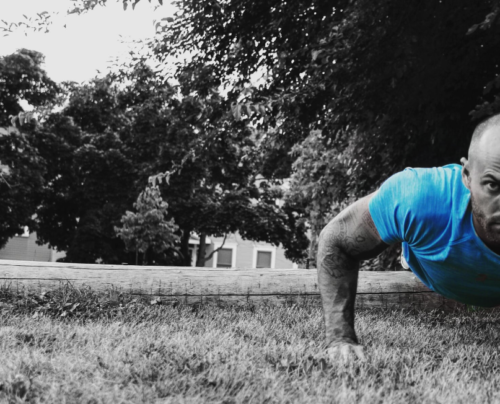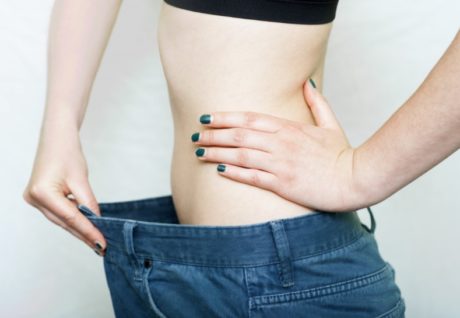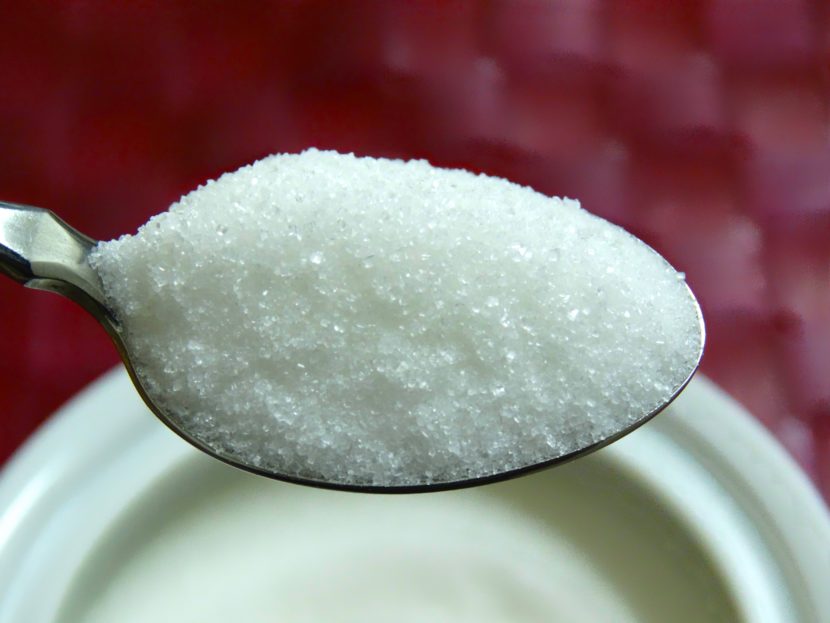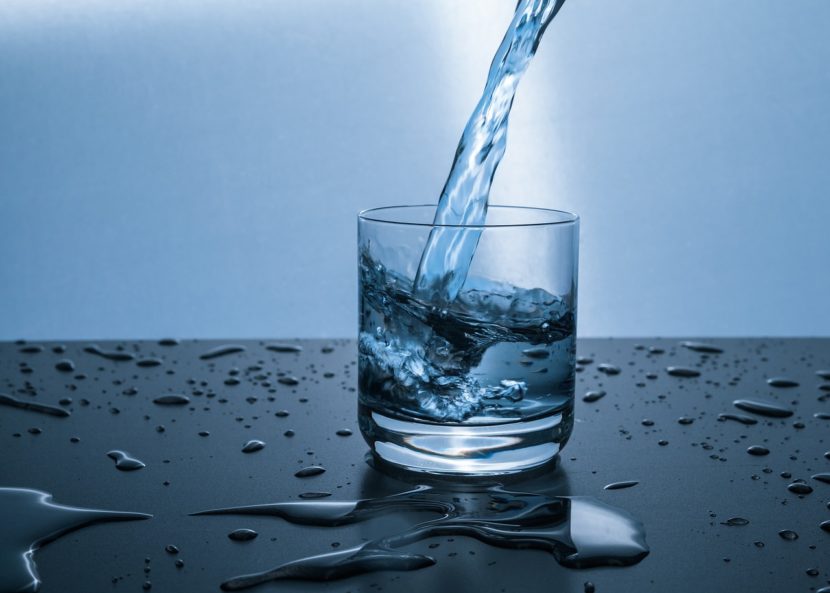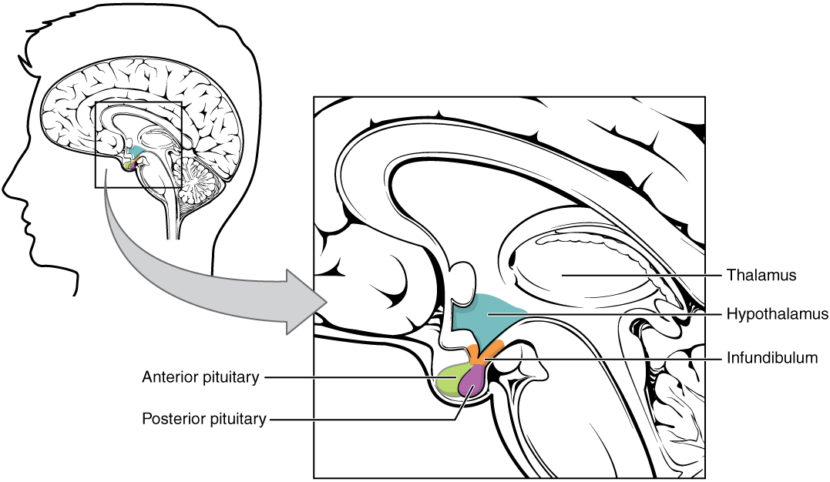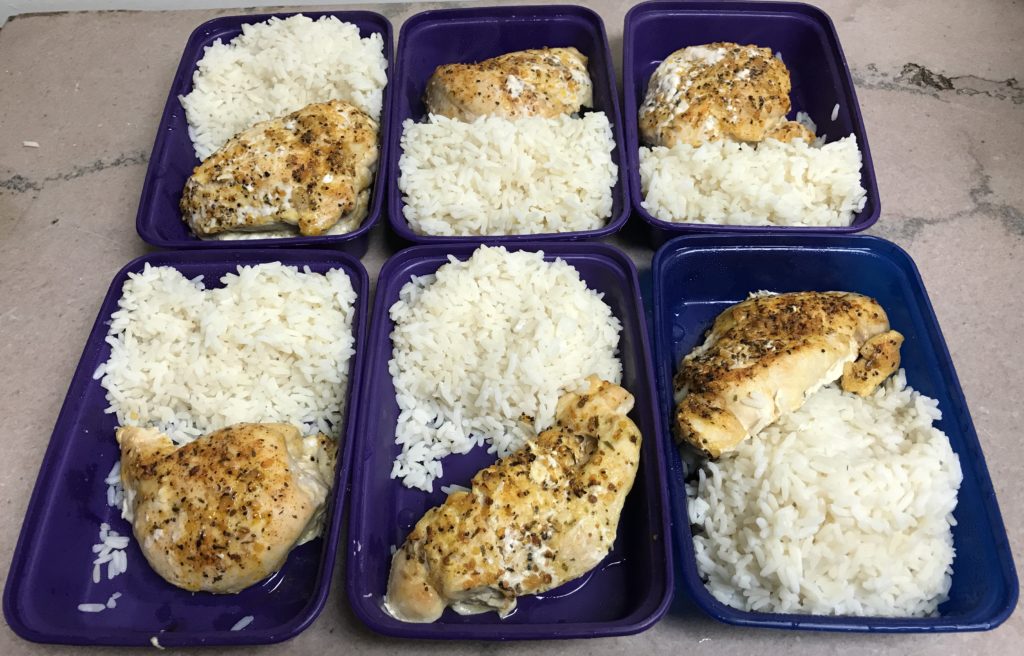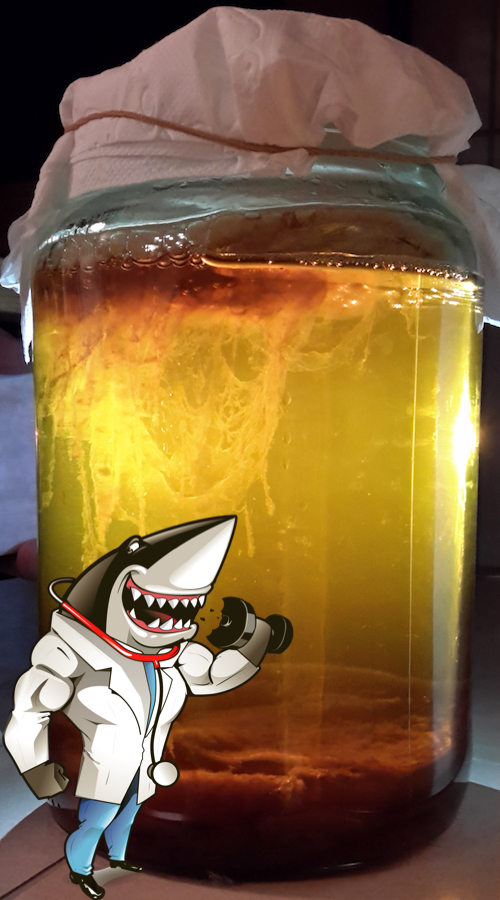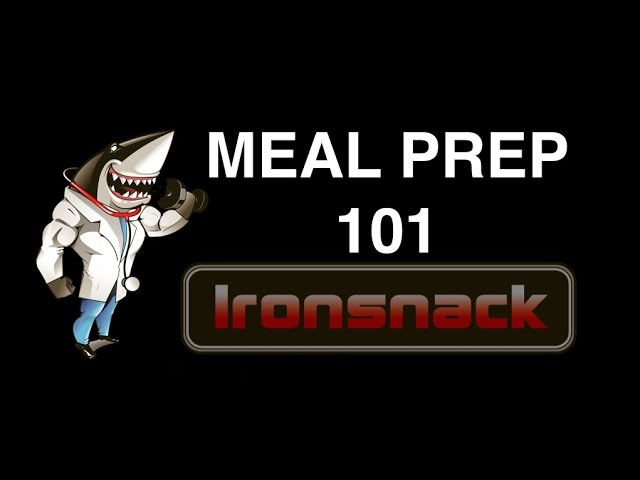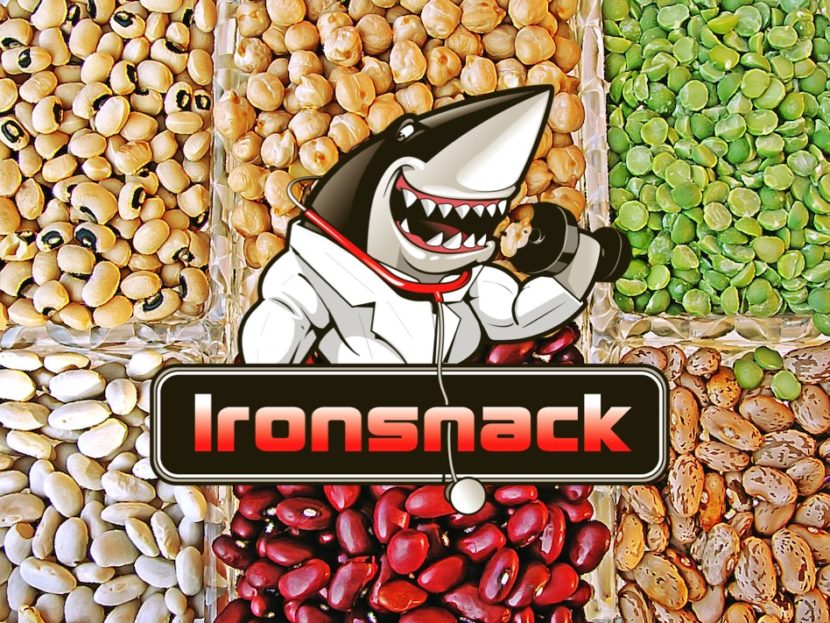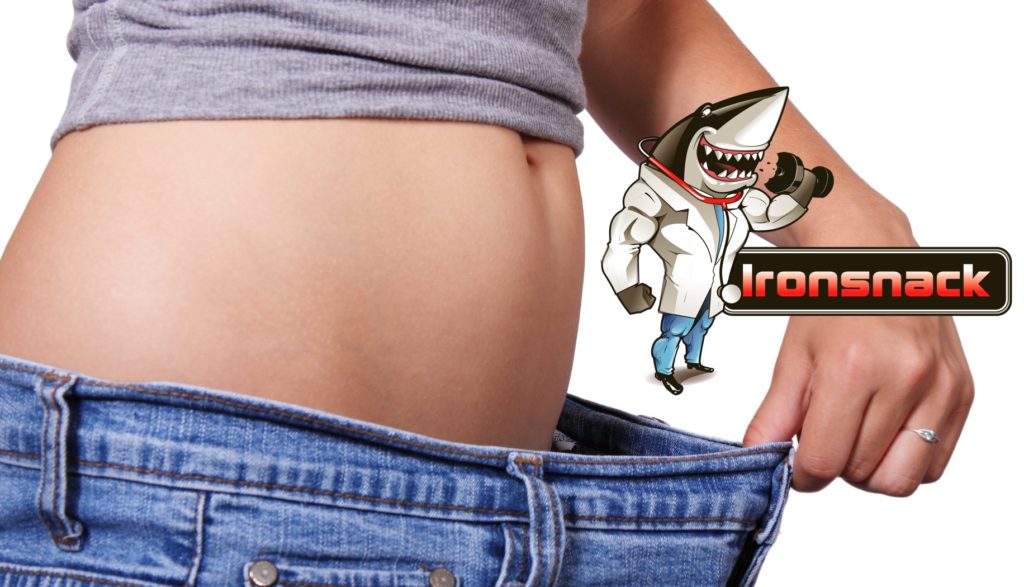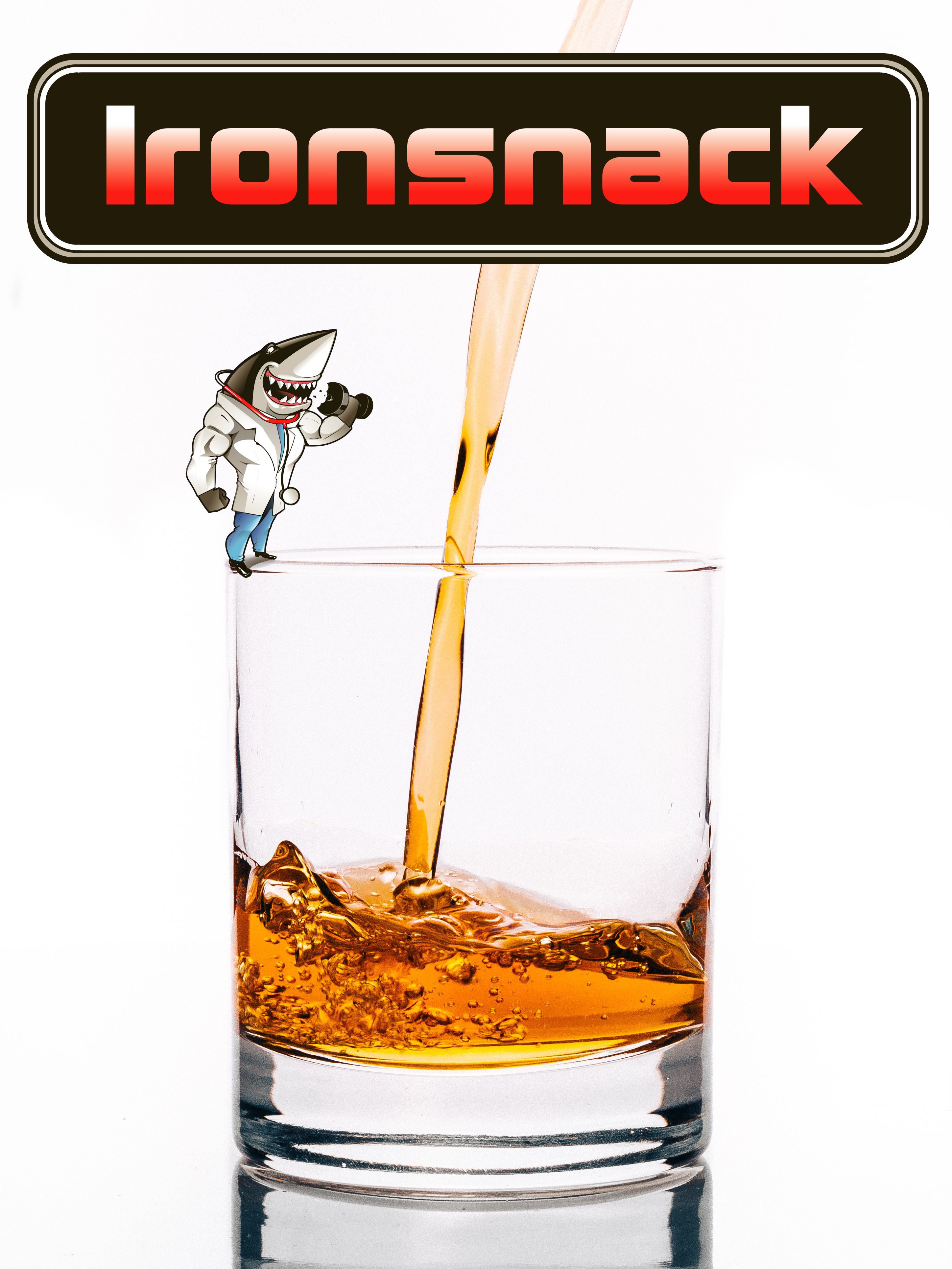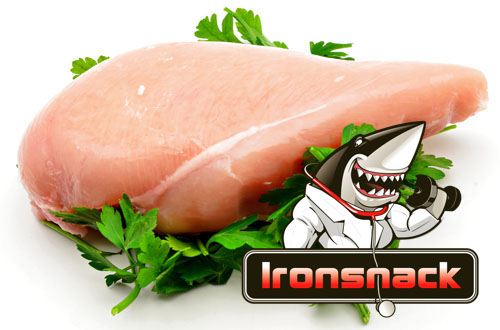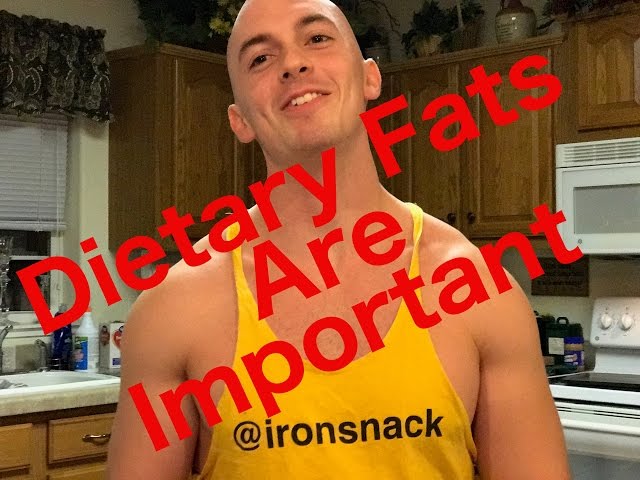As you diet you may find it gradually getting tougher to fight your appetite and lose fat. Truth is as we lose weight our bodies respond to the change and try to preserve our energy or fat stores. Changes in hormones and metabolism are the biggest factors in the increasingly difficult task of cutting weight and lose fat. Then once you reach your goal you might find it incredibly easy to put fat back on or put on even more than you started with! There are many natural reasons why these things happen.
First off hormones control many of the body’s responses and are important to understand. As weight decreases different hormones increase and decrease in the body. As for hormones that decrease you will see hormones such as leptin, insulin, thyroid hormones and even testosterone drop. Leptin is important for energy expenditure and satiety (feeling full.) In a study of lean bodybuilders preparing for competition they tested for their leptin changes three times at 11 weeks, 5 weeks, and 3 days before competition. Just at 5 weeks out their leptin levels dropped by 27.7% and dropped more when tested 3 days out. Insulin is helpful in preventing muscle protein breakdown and hunger. Thyroid hormones specifically triiodothyronine (T3) is important in increasing metabolism. Lastly, we have testosterone which help via its muscle building properties. In a study done with 19 male ameture wrestlers they found that very low body fat and or large losses of body fat adversely affected their serum testosterone levels. Now there are two important hormones that increase during cutting, ghrelin and cortisol. Ghrelin affects hunger and appetite and is what makes fighting the urges to eat even harder. In the same study that I mentioned above researchers found at the 5 week mark that ghrelin increase by 20.4% and found another 6% increase by 3 days out. Cortisol affects muscle protein breakdown so an increase in both of these hormones shows how losing weight becomes increasingly difficult.
Metabolism is huge in weight loss and it changes drastically when trying to lose fat. There are several important areas of metabolism REE (resting energy expenditure) which makes up BMR (basal metabolic rate), NEAT (non exercise activity thermogenesis), TEF (thermic effect of food), and EAT (exercise activity thermogenesis). In a study of obese men and women on a caloric restricted diet their REE decreased. It was noted that after eight weeks the men seen a 963 KJ/day drop in REE and women seen a 614 KJ/day drop, essentially meaning their metabolism slowed down. This is likely due to the body trying to conserve energy because it perceives the food caloric restriction as starvation. NEAT which includes activities such as walking around or even fidgeting is reduced on a caloric restricted diet further lowering energy you burn during normal daily activities. TEF (accounts for 10% of metabolism) and is reduced as you decrease food intake also essentially burning less as you consume less. Lastly we have EAT also goes down due muscle efficiency and due to loss of weight meaning it’s easier to perform tasks requiring less energy because you are moving less of your body weight. Overall, these aspects of metabolism come together to make your TDEE (total daily energy expenditure) and as you can see it is reduced especially in cases of lower body fat.
These factors cause us to hold onto weight and make it harder to lose fat, especially the last little bit.
So when we finally finish the diet and eat normally again why is it that we can add fat on and easily pack on the pounds? It’s because your metabolism stays slowed down for some time making it easier to gain weight, because your body is using less energy. During this time your hormones are in a altered state which also predisposes you to weight gain. Going back to your regular diet can make you end up at the same weight as before and in some cases even heavier. The best thing to do after a diet is to reverse diet. Reverse dieting is slowly adding calories back into your diet. This gives time for your body to ramp your metabolism back up. Reverse dieting can prevent you from losing all the hard work you put in. Keep in mind while cutting to make sure to eat enough protein and lose weight at a moderate pace. Doing this will preserve as much LBM (lean body mass) as possible.
At the end of the day your body will fight you more and more as you lose fat. It’s a natural response to prevent the body from starving and completely losing all its energy stores. The biggest thing is focusing on a good diet, staying dedicated in the gym and keeping focus on your goal. Make sure after your diet not to overeat or binge, you don’t want to do all that work for nothing!
Sources for lose fat:
Rossow LM, Fukuda DH, Fahs CA, Loenneke JP, Stout JR: Natural bodybuilding competition preparation and recovery: a 12-month case study. Int J Sports Physiol Perform. 2013, 8: 582-592.
Maestu J, Eliakim A, Jurimae J, Valter I, Jurimae T: Anabolic and catabolic hormones and energy balance of the male bodybuilders during the preparation for the competition. J Strength Cond Res. 2010, 24: 1074-1081. 10.1519/JSC.0b013e3181cb6fd3.
Maclean PS, Bergouignan A, Cornier MA, Jackman MR: Biology’s response to dieting: the impetus for weight regain. Am J Physiol Regul Integr Comp Physiol. 2011, 301: R581-R600. 10.1152/ajpregu.00755.2010.
Maestu J, Jurimae J, Valter I, Jurimae T: Increases in ghrelin and decreases in leptin without altering adiponectin during extreme weight loss in male competitive bodybuilders. Metabolism. 2008, 57: 221-225. 10.1016/j.metabol.2007.09.004.
Rosenbaum M, Hirsch J, Gallagher DA, Leibel RL: Long-term persistence of adaptive thermogenesis in subjects who have maintained a reduced body weight. Am J Clin Nutr. 2008, 88: 906-912.
Kim B: Thyroid hormone as a determinant of energy expenditure and the basal metabolic rate. Thyroid. 2008, 18: 141-144. 10.1089/thy.2007.0266.
Margetic S, Gazzola C, Pegg GG, Hill RA: Leptin: a review of its peripheral actions and interactions. Int J Obes Relat Metab Disord. 2002, 26: 1407-1433. 10.1038/sj.ijo.0802142.
Rooyackers OE, Nair KS: Hormonal regulation of human muscle protein metabolism. Annu Rev Nutr. 1997, 17: 457-485. 10.1146/annurev.nutr.17.1.457.
Hagmar M, Berglund B, Brismar K, Hirschberg AL: Body composition and endocrine profile of male Olympic athletes striving for leanness. Clin J Sport Med. 2013, 23: 197-201. 10.1097/JSM.0b013e31827a8809.
Weyer C, Walford RL, Harper IT, Milner M, MacCallum T, Tataranni PA, Ravussin E: Energy metabolism after 2 y of energy restriction: the biosphere 2 experiment. Am J Clin Nutr. 2000, 72: 946-953.
Witbracht MG, Laugero KD, Van Loan MD, Adams SH, Keim NL: Performance on the Iowa gambling task is related to magnitude of weight loss and salivary cortisol in a diet-induced weight loss intervention in overweight women. Physiol Behav. 2012, 106: 291-297. 10.1016/j.physbeh.2011.04.035.
Tomiyama AJ, Mann T, Vinas D, Hunger JM, Dejager J, Taylor SE: Low calorie dieting increases cortisol. Psychosom Med. 2010, 72: 357-364. 10.1097/PSY.0b013e3181d9523c.
Sumithran P, Prendergast LA, Delbridge E, Purcell K, Shulkes A, Kriketos A, Proietto J: Long-term persistence of hormonal adaptations to weight loss. N Engl J Med. 2011, 365: 1597-1604. 10.1056/NEJMoa1105816.
Rosenbaum M, Goldsmith R, Bloomfield D, Magnano A, Weimer L, Heymsfield S, Gallagher D, Mayer L, Murphy E, Leibel RL: Low-dose leptin reverses skeletal muscle, autonomic, and neuroendocrine adaptations to maintenance of reduced weight. J Clin Invest. 2005, 115: 3579-3586. 10.1172/JCI25977.
Mettler S, Mitchell N, Tipton KD: Increased protein intake reduces lean body mass loss during weight loss in athletes. Med Sci Sports Exerc. 2010, 42: 326-337.
Layman DK, Boileau RA, Erickson DJ, Painter JE, Shiue H, Sather C, Christou DD: A reduced ratio of dietary carbohydrate to protein improves body composition and blood lipid profiles during weight loss in adult women. J Nutr. 2003, 133: 411-417.
Bopp MJ, Houston DK, Lenchik L, Easter L, Kritchevsky SB, Nicklas BJ: Lean mass loss is associated with low protein intake during dietary-induced weight loss in postmenopausal women. J Am Diet Assoc. 2008, 108: 1216-1220. 10.1016/j.jada.2008.04.017.
Ravussin E, Burnand B, Schutz Y, Jequier E: Energy expenditure before and during energy restriction in obese patients. Am J Clin Nutr. 1985, 41: 753-759.
Leibel RL, Rosenbaum M, Hirsch J: Changes in energy expenditure resulting from altered body weight. N Engl J Med. 1995, 332: 621-628. 10.1056/NEJM199503093321001.
Weigle DS: Contribution of decreased body mass to diminished thermic effect of exercise in reduced-obese men. Int J Obes. 1988, 12: 567-578.
Weigle DS, Brunzell JD: Assessment of energy expenditure in ambulatory reduced-obese subjects by the techniques of weight stabilization and exogenous weight replacement. Int J Obes. 1990, 14 (Suppl 1): 69-77. discussion 77–81
Doucet E, Imbeault P, St-Pierre S, Almeras N, Mauriege P, Despres JP, Bouchard C, Tremblay A: Greater than predicted decrease in energy expenditure during exercise after body weight loss in obese men. Clin Sci. 2003, 105: 89-95. 10.1042/CS20020252.
Rosenbaum M, Vandenborne K, Goldsmith R, Simoneau JA, Heymsfield S, Joanisse DR, Hirsch J, Murphy E, Matthews D, Segal KR, Leibel RL: Effects of experimental weight perturbation on skeletal muscle work efficiency in human subjects. Am J Physiol Regul Integr Comp Physiol. 2003, 285: R183-192.
Tappy L: Thermic effect of food and sympathetic nervous system activity in humans. Reprod Nutr Dev. 1996, 36: 391-397. 10.1051/rnd:19960405.
Ravussin E, Lillioja S, Anderson TE, Christin L, Bogardus C: Determinants of 24-hour energy expenditure in man. Methods and results using a respiratory chamber. J Clin Invest. 1986, 78: 1568-1578. 10.1172/JCI112749.
Miles CW, Wong NP, Rumpler WV, Conway J: Effect of circadian variation in energy expenditure, within-subject variation and weight reduction on thermic effect of food. Eur J Clin Nutr. 1993, 47: 274-284.
Chaston TB, Dixon JB, O’Brien PE: Changes in fat-free mass during significant weight loss: a systematic review. Int J Obes. 2007, 31: 743-750.
Garthe I, Raastad T, Refsnes PE, Koivisto A, Sundgot-Borgen J: Effect of two different weight-loss rates on body composition and strength and power-related performance in elite athletes. Int J Sport Nutr Exerc Metab. 2011, 21: 97-104.
https://jissn.biomedcentral.com/articles/10.1186/1550-2783-11-7
https://www.ncbi.nlm.nih.gov/pubmed/14715917
http://jamanetwork.com/journals/jama/article-abstract/402153
